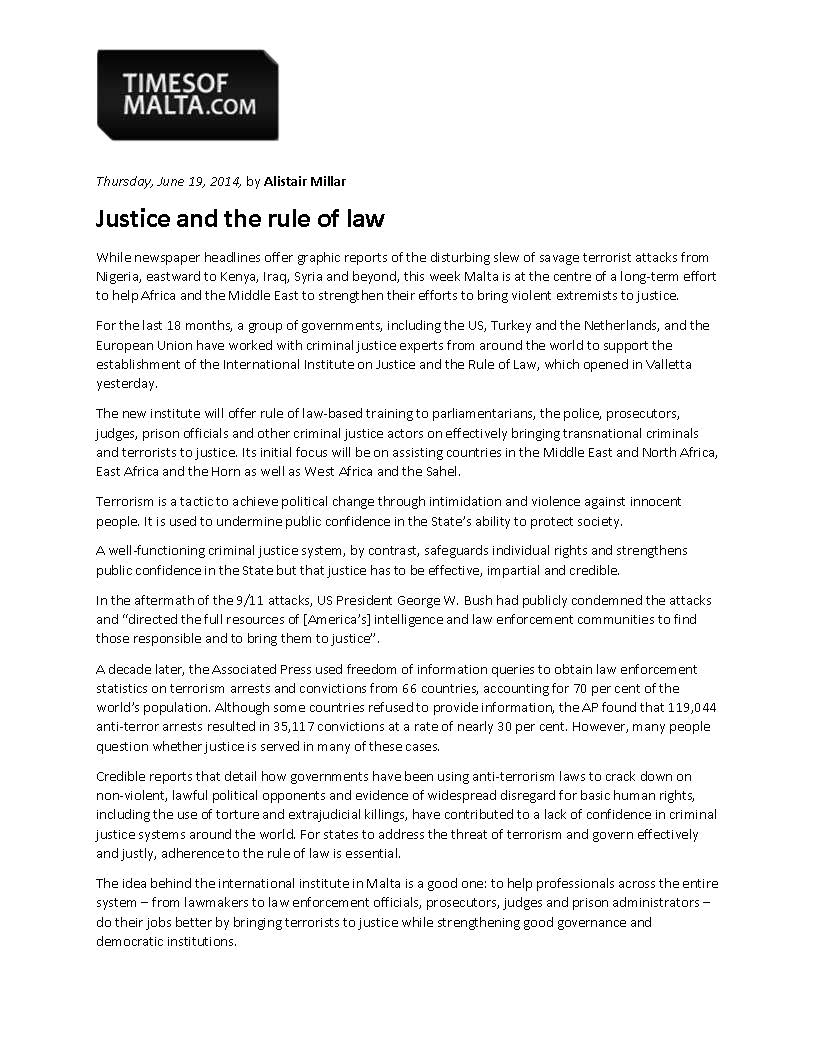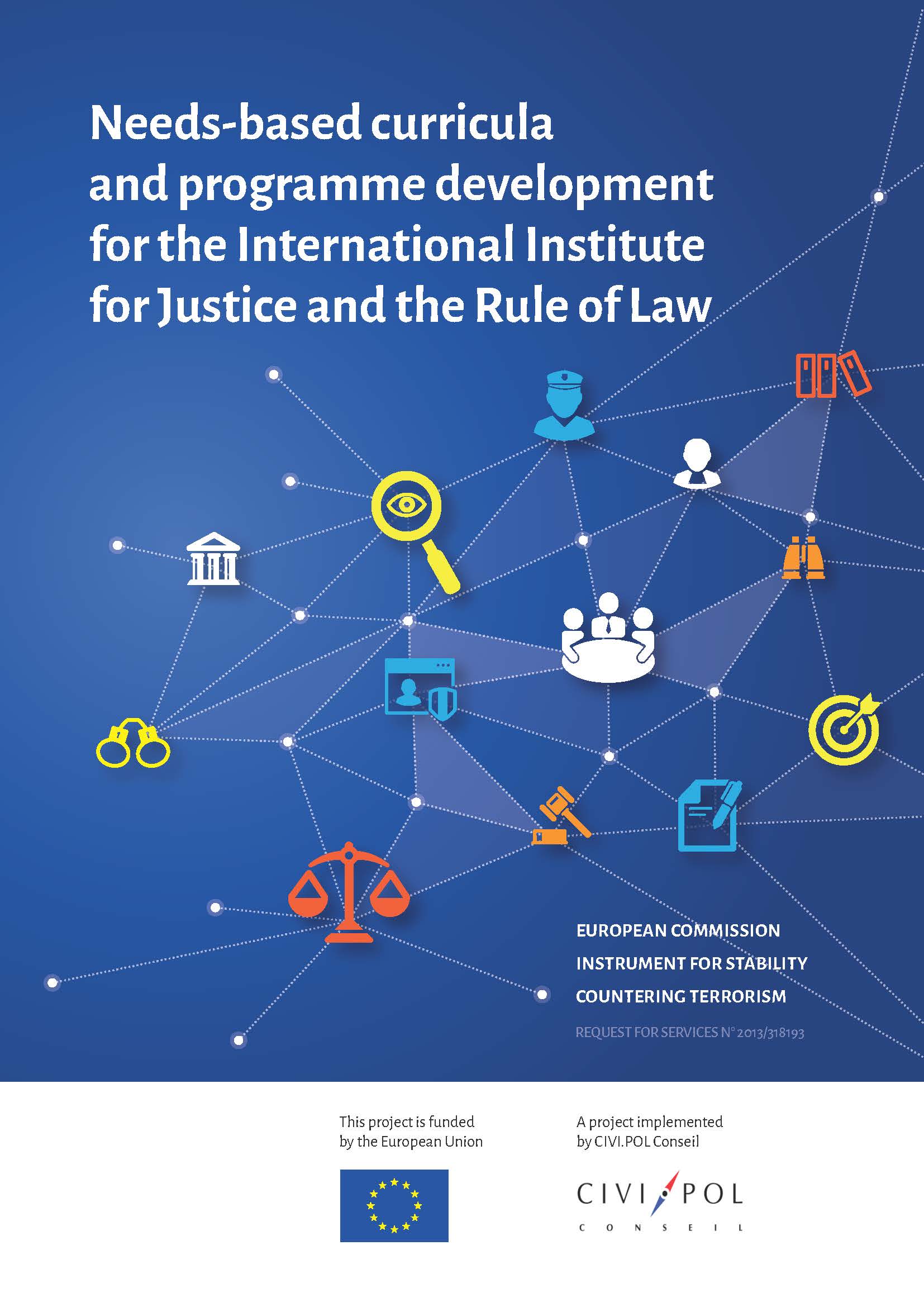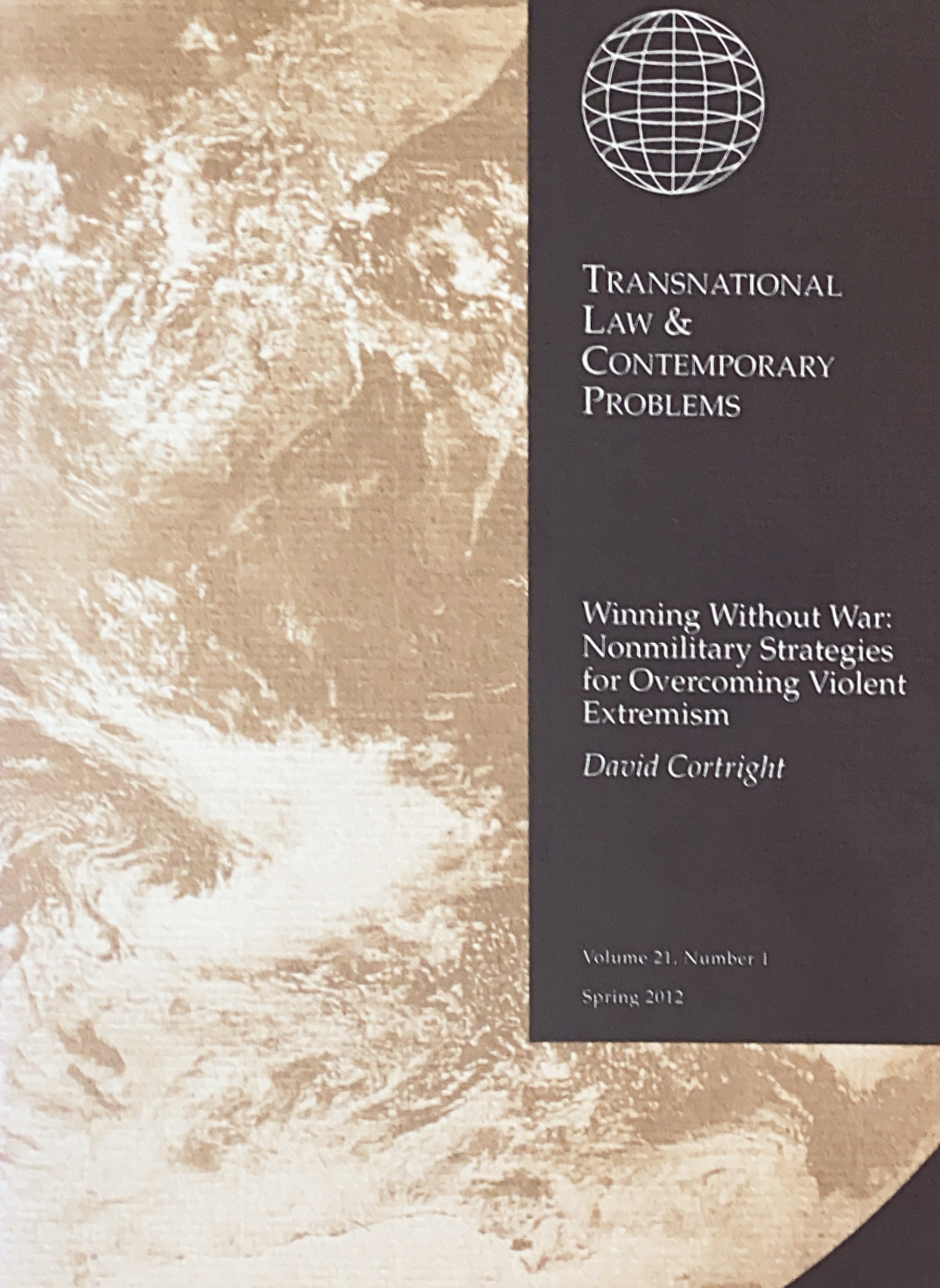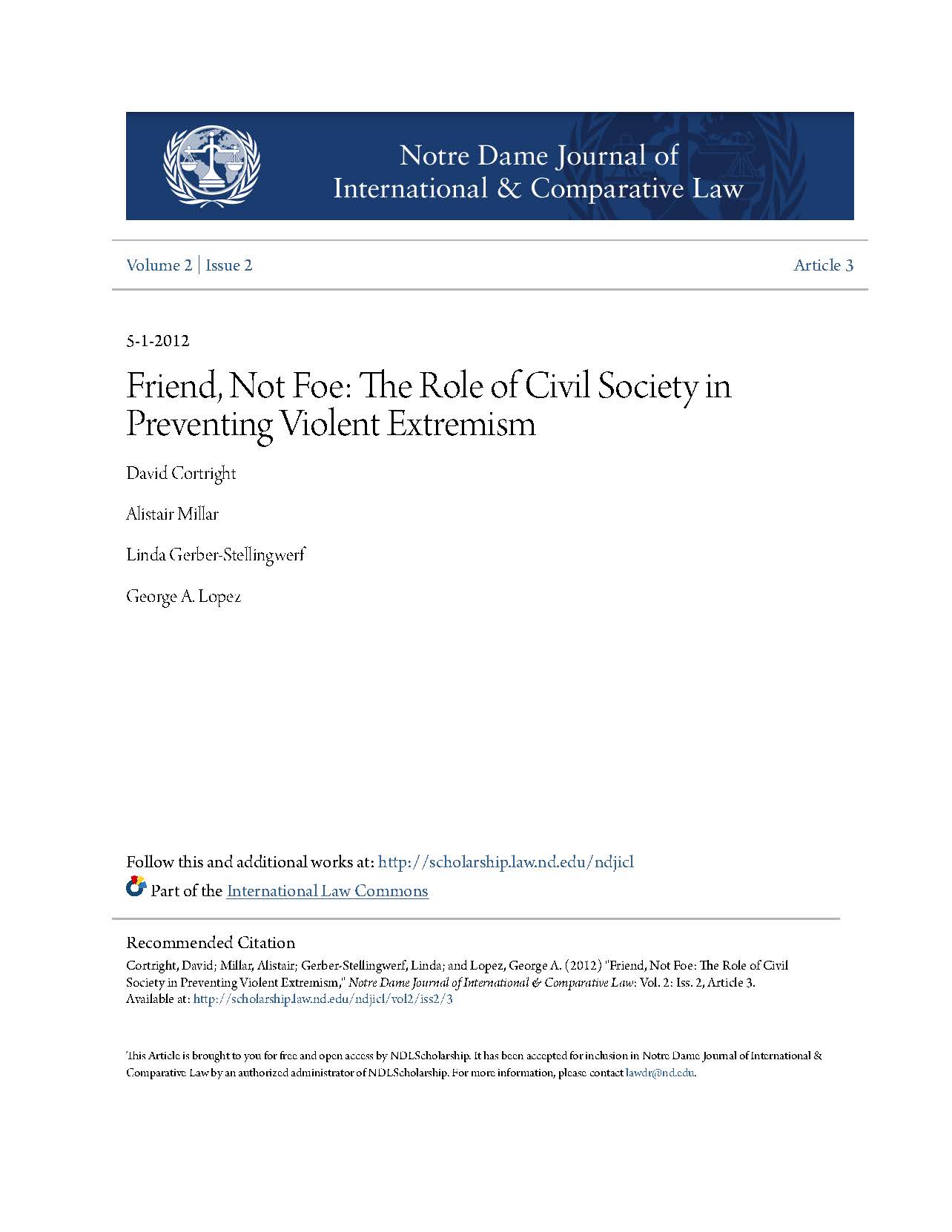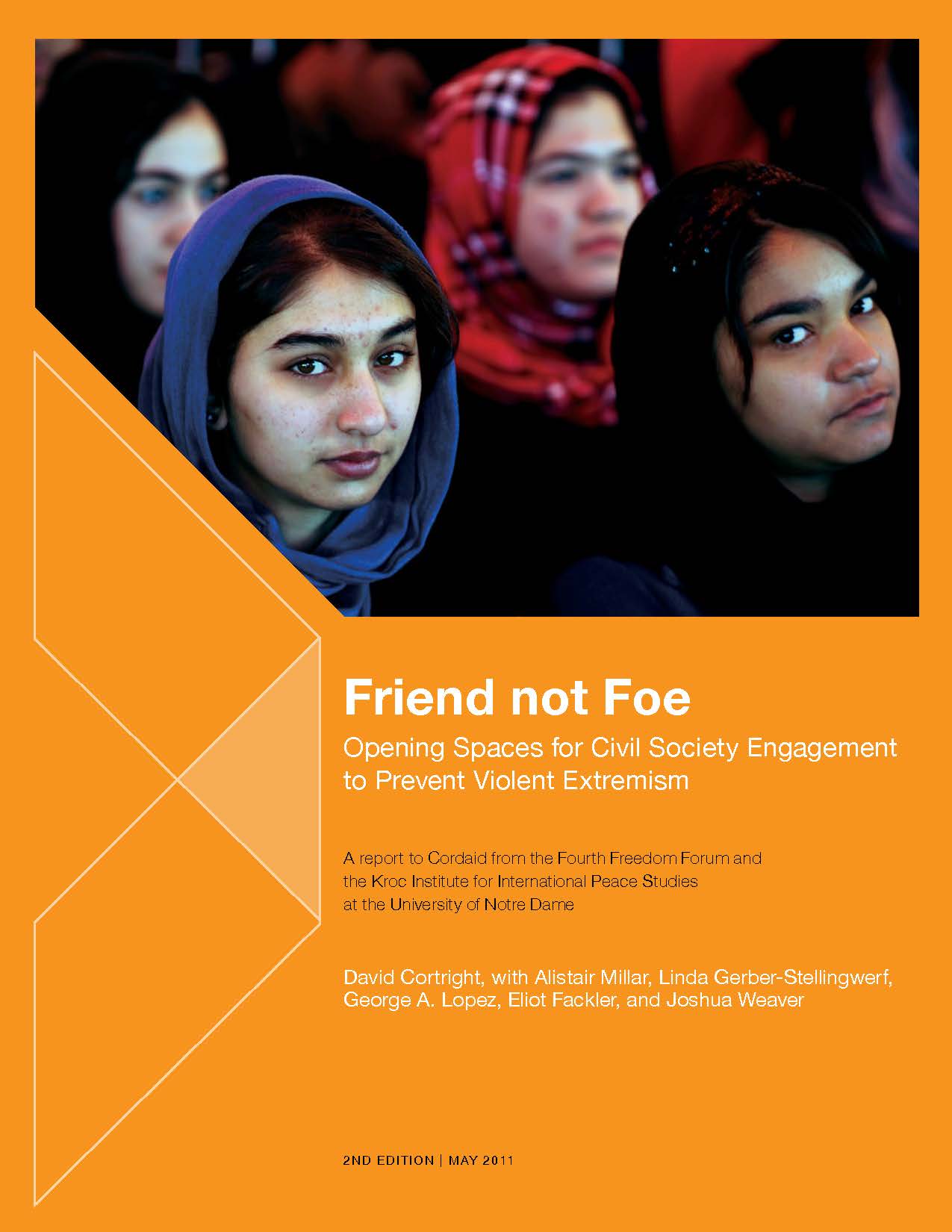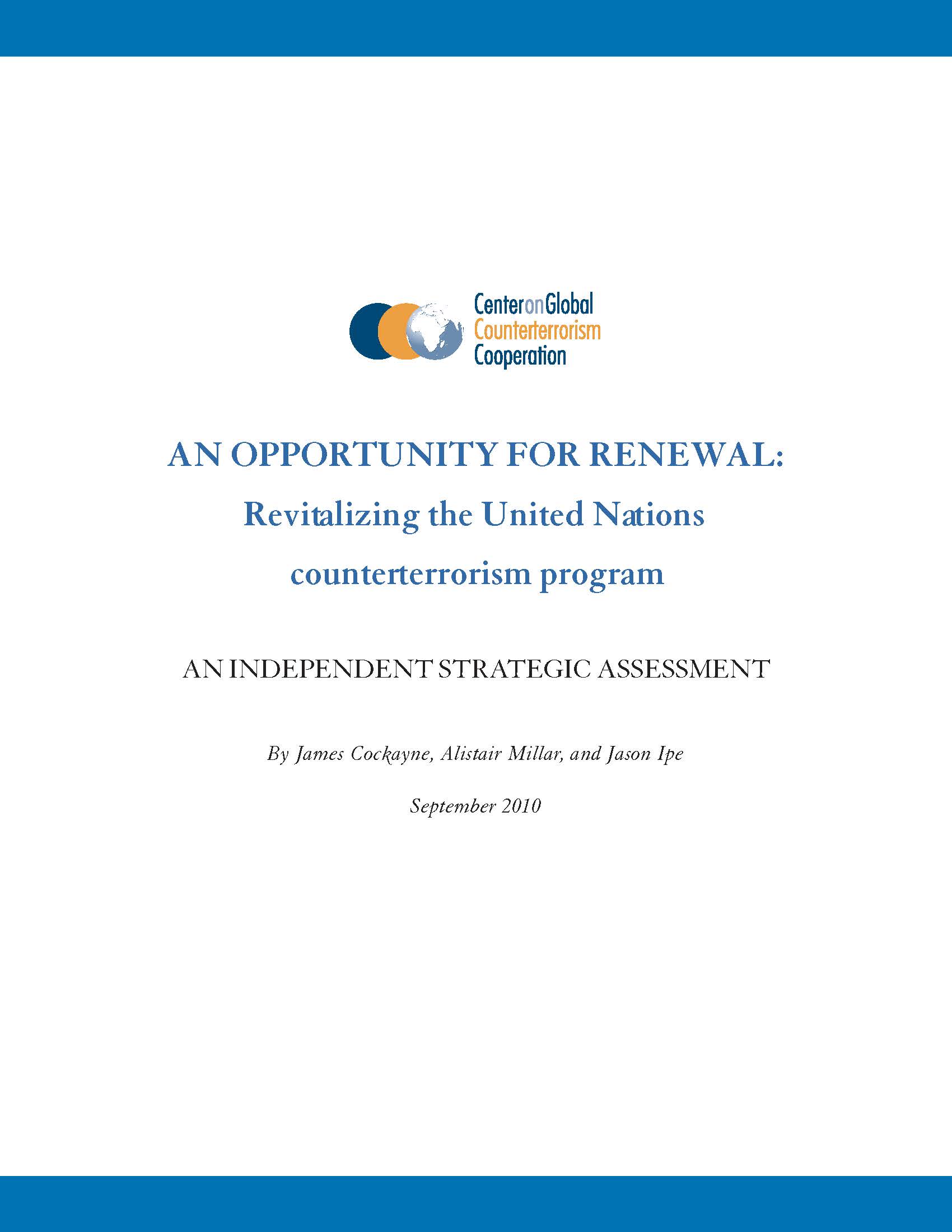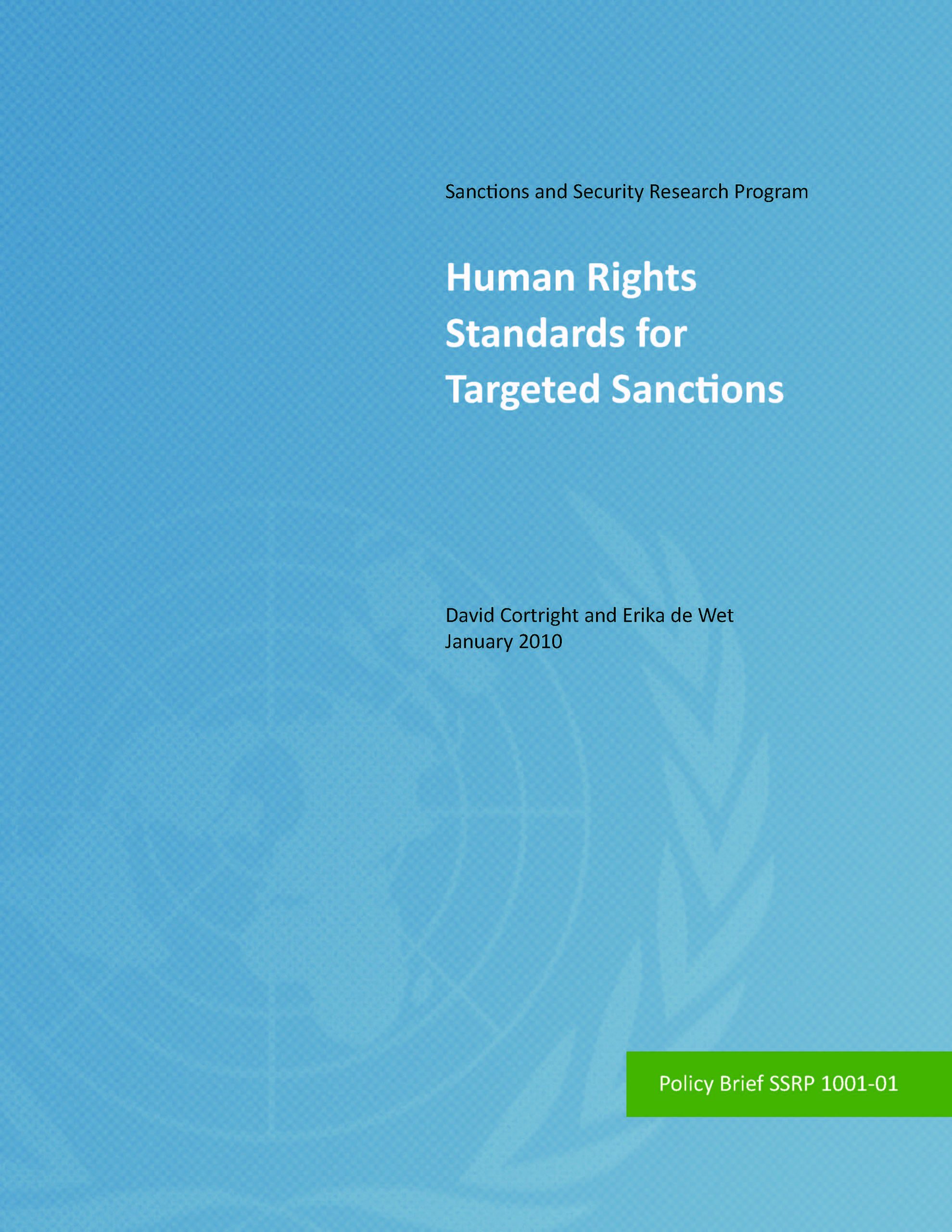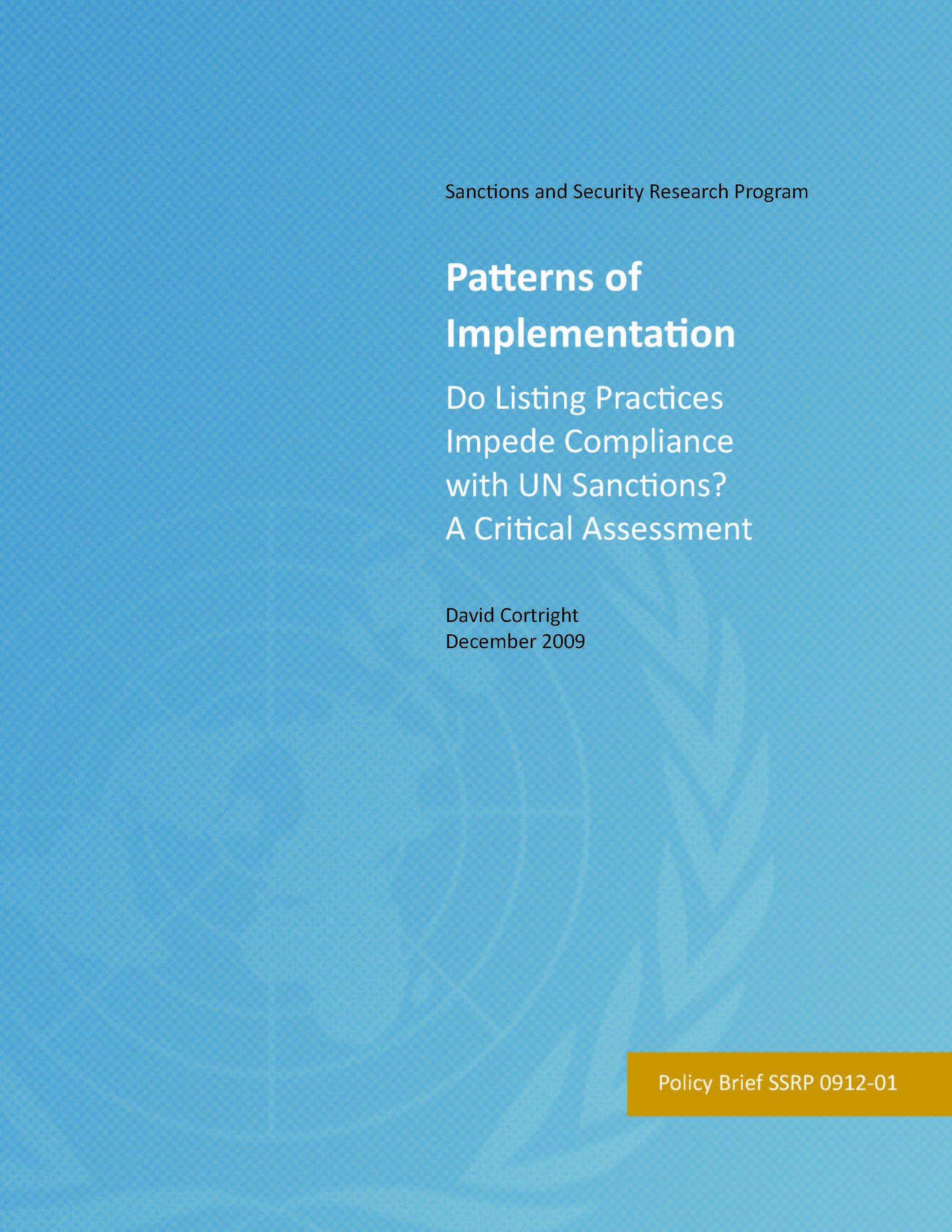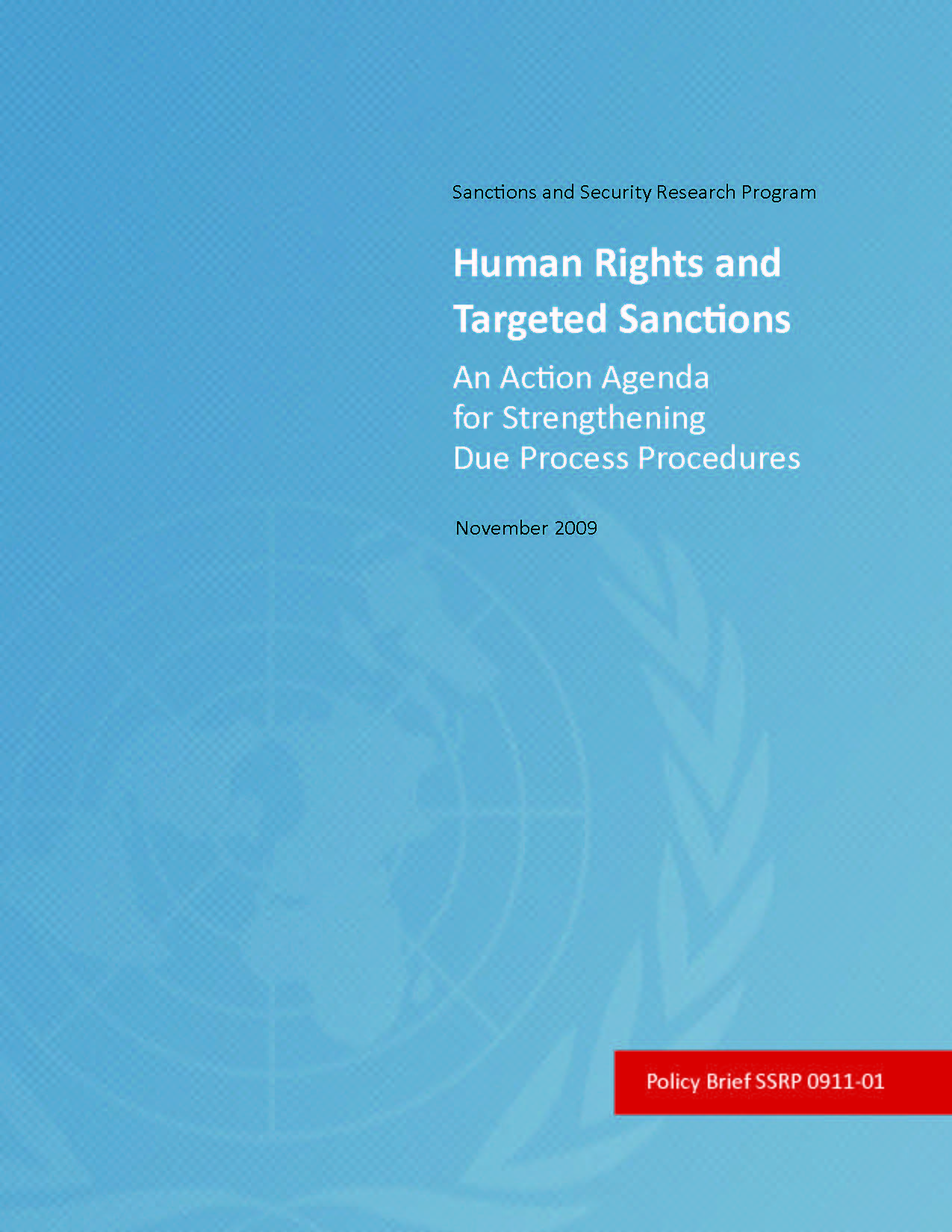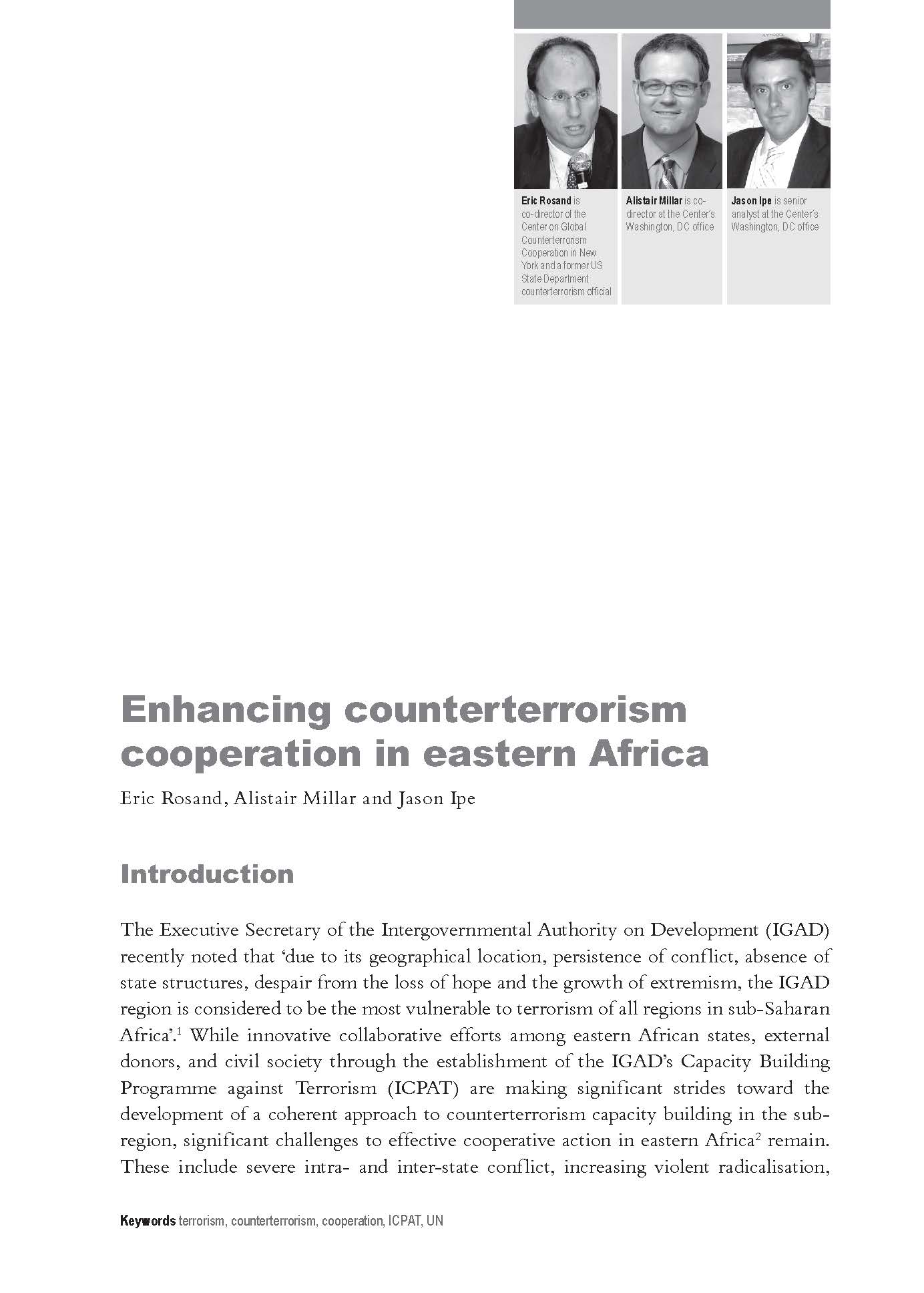Op-ed by Global Center Executive Director, Alistair Millar, on the launch of the IIJ
Newspaper article — 19 June 2014
The Times of Malta published an op-ed by Global Center Executive Director, Alistair Millar, on the occasion of the launch of the International Institute for Justice and the Rule of Law (IIJ) in Malta. Once established, the IIJ will serve as a training center dedicated to strengthening criminal justice institutions, promoting regional legal cooperation, and fostering criminal justice practitioner networks based on a respect for human rights and the rule of law.
